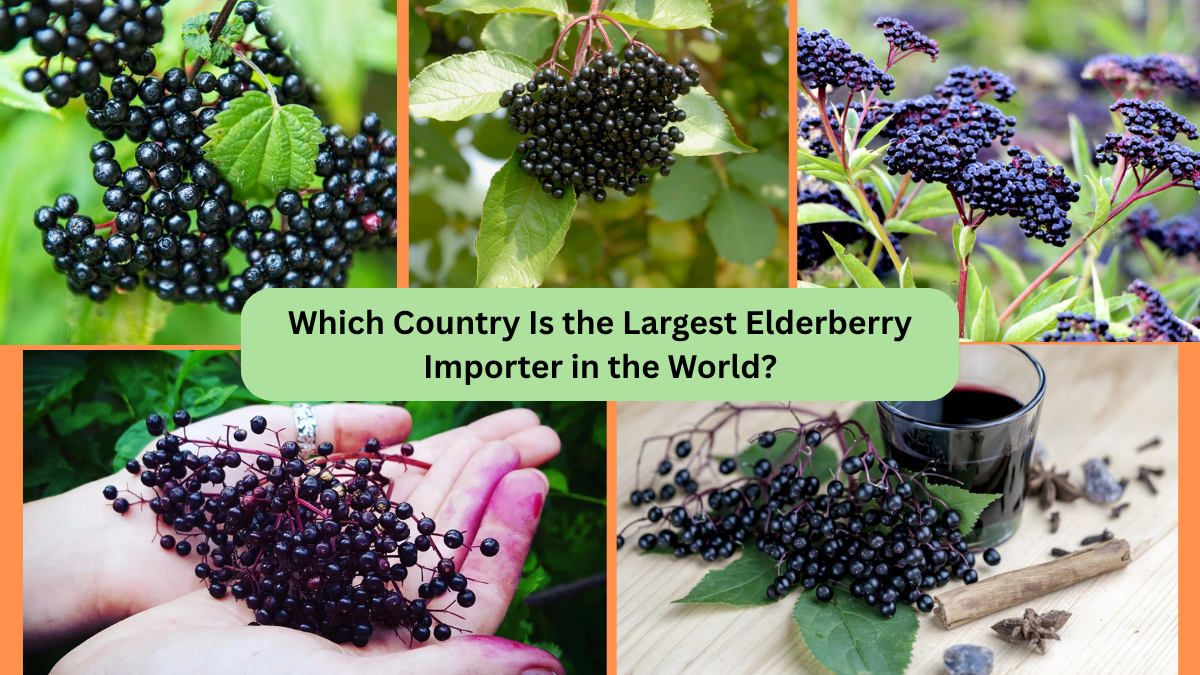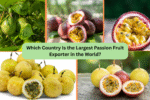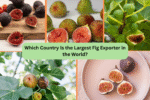In recent years, elderberries have captured the attention of health enthusiasts, herbalists, and food manufacturers worldwide. Celebrated for their antioxidant-rich profile and immune-boosting properties, elderberries have found their way into dietary supplements, syrups, jams, wines, and wellness products globally.
But while elderberries have been cultivated and used for centuries, international trade of this small but powerful fruit has expanded rapidly. The question naturally arises: Which country is the largest elderberry importer in the world?
Let’s explore the fascinating elderberry trade, uncover global market dynamics, and reveal why certain nations lead in elderberry imports.
What Are Elderberries?
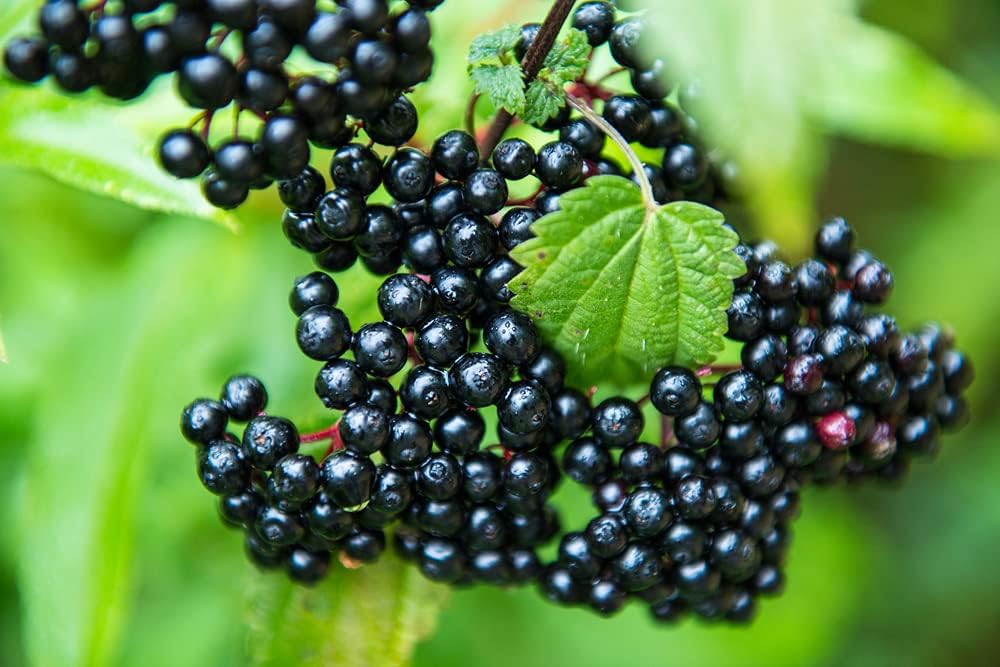
Elderberries are the small, dark purple berries of the Sambucus genus, commonly from the Sambucus nigra species in Europe and Sambucus canadensis in North America. Historically valued in folk medicine, elderberries are prized for their:
- Rich content of vitamin C, fiber, and antioxidants
- Immunity-boosting effects
- Natural antiviral and anti-inflammatory properties
They’re used in:
- Herbal syrups and extracts
- Dietary supplements
- Teas, wines, jams, and sauces
The surge in natural health trends and plant-based products has significantly increased demand for elderberries on the global market.
Global Elderberry Production
Although elderberries are native to temperate and subtropical regions across Europe, North America, and parts of Asia, Europe remains the leading producer.
Major elderberry-producing countries include:
- Austria
- Germany
- Poland
- Hungary
- Romania
- United States (Missouri, New York, Oregon)
European countries benefit from established cultivation, processing industries, and favorable climates, while North America has increased small-scale production to meet rising local demand.
The Global Elderberry Trade Market
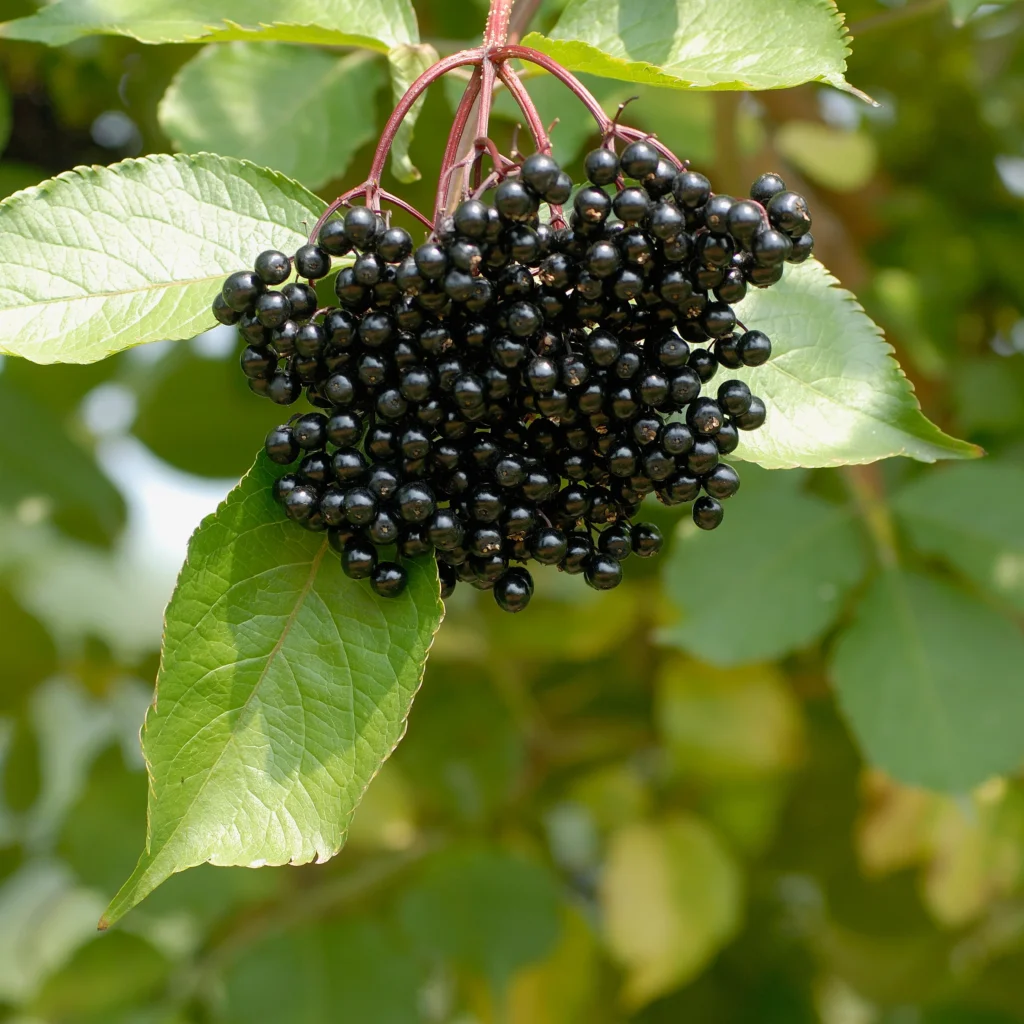
The elderberry market has witnessed consistent growth, driven by wellness trends and natural supplement use.
- The global elderberry market was valued at approximately USD 360 million in 2022.
- It’s projected to grow at a CAGR of 7.5% from 2023 to 2030, driven by increased demand for natural immunity products.
- Elderberry supplements alone were valued at over USD 200 million globally in 2023.
While the fruit is perishable, the demand for elderberry syrups, extracts, and powders has allowed producers and exporters to trade the fruit in processed forms throughout the year.
United States: The World’s Largest Elderberry Importer
According to recent import data, the United States holds the title as the largest importer of elderberries globally.
U.S. Elderberry Import Overview:
- The United States imported more than 2,800 shipments of elderberries in 2023, encompassing fresh, dried, frozen, and processed forms.
- The majority of these imports come from European countries, especially Austria, Germany, Poland, and Hungary.
- Elderberries are mainly imported for:
- Dietary supplements
- Wellness beverages
- Herbal syrups and remedies
- Natural immunity products
Why the U.S. Dominates Elderberry Imports:
- Soaring Health-Conscious Consumer Base
- Post-pandemic, demand for immune-supporting natural supplements skyrocketed.
- Elderberry syrups and capsules became mainstream, boosting imports to support growing demand.
- Limited Domestic Commercial Cultivation
- Although elderberries grow natively in the U.S., large-scale commercial production remains modest.
- Missouri leads U.S. elderberry farming but cannot meet nationwide demand.
- Diverse Product Applications
- U.S. companies use imported elderberries in supplements, beverages, preserves, wines, and skincare products.
- Thriving Ethnic and Artisanal Food Market
- Many ethnic communities and gourmet brands favor elderberries for traditional remedies and craft products.
Other Significant Elderberry Importer
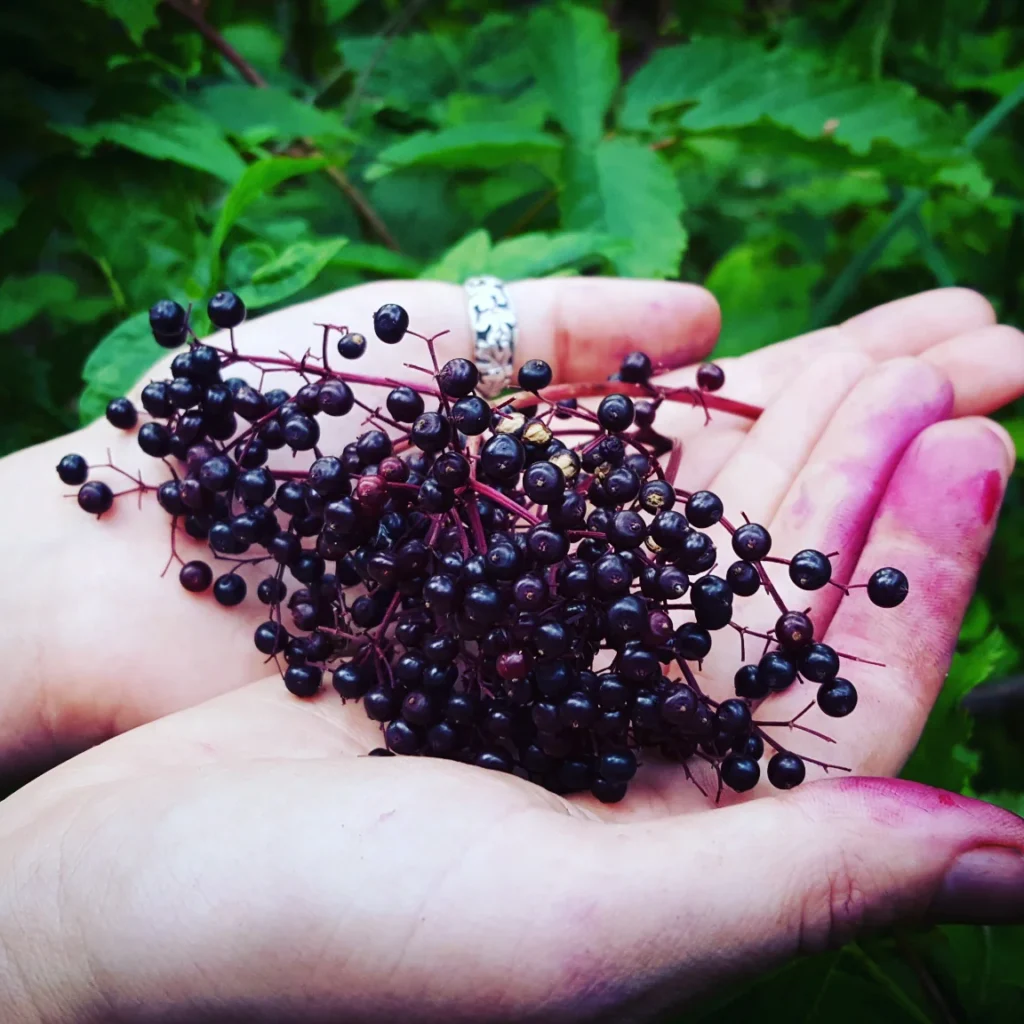
While the United States is the leader, several other countries are also major elderberry importers:
| Country | Import Volume (2023 est.) | Main Use Cases |
|---|---|---|
| United States | 2,834 shipments | Supplements, syrups, teas |
| Germany | 1,100+ shipments | Beverages, preserves |
| Austria | 950+ shipments | Juice, wines, extracts |
| France | 750+ shipments | Natural health products |
| United Kingdom | 600+ shipments | Immunity supplements |
Europe, with its deep-rooted elderberry traditions, imports fresh and processed elderberries for commercial food and beverage applications as well as dietary supplements.
Where Do the U.S. Elderberries Come From?
The U.S. imports elderberries primarily from:
- Austria – renowned for organic elderberry products and extracts.
- Germany – supplies dried elderberries and elderberry concentrate.
- Poland and Hungary – major producers of fresh and frozen elderberries.
- Romania – an emerging exporter of dried elderberries.
These European suppliers benefit from efficient processing infrastructure, experience in elderberry cultivation, and established food export networks.
Growing Demand for Elderberry Products in the U.S.
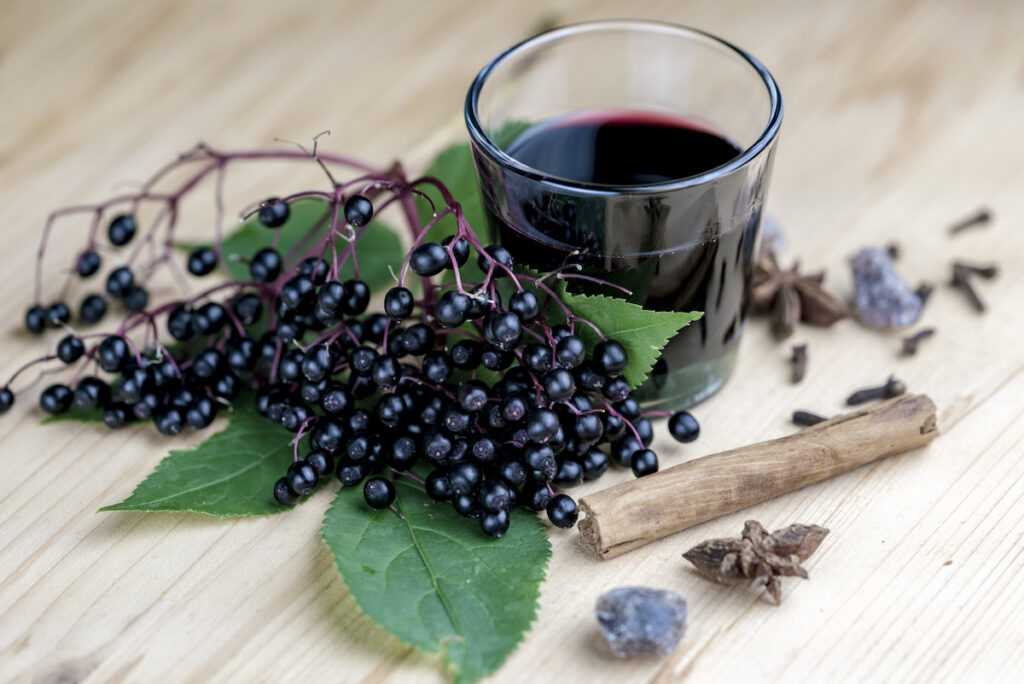
The U.S. wellness market has embraced elderberries, driven by:
- Post-pandemic immune health awareness
- A shift toward plant-based, natural supplements
- Popularity of superfood trends
- Growth in functional and herbal beverages
Popular Elderberry Products:
- Elderberry syrup: Natural immune booster, often blended with honey.
- Elderberry capsules and gummies: Convenient daily supplements.
- Elderberry teas: Herbal teas for cold and flu relief.
- Elderberry wines and preserves: Artisanal and ethnic-market favorites.
- Cosmetic products: Elderberry extracts in skincare.
Major brands like Nature’s Way, Gaia Herbs, and Zarbee’s Naturals heavily rely on imported elderberry extracts for their bestselling products.
Market Trends and Future Outlook
Functional Food Growth
Elderberry-infused drinks, yogurts, and desserts are entering mainstream markets.
Rise of Organic and Clean-Label Products
Consumers increasingly favor organic, sustainably sourced elderberry products.
Expansion of Elderberry Farming in the U.S.
Some regions, particularly in Missouri, New York, and Oregon, are expanding elderberry farms to reduce reliance on imports.
Digital Wellness Market
Elderberry products thrive in e-commerce and health-focused online platforms.
Challenges Facing the Elderberry Import Market
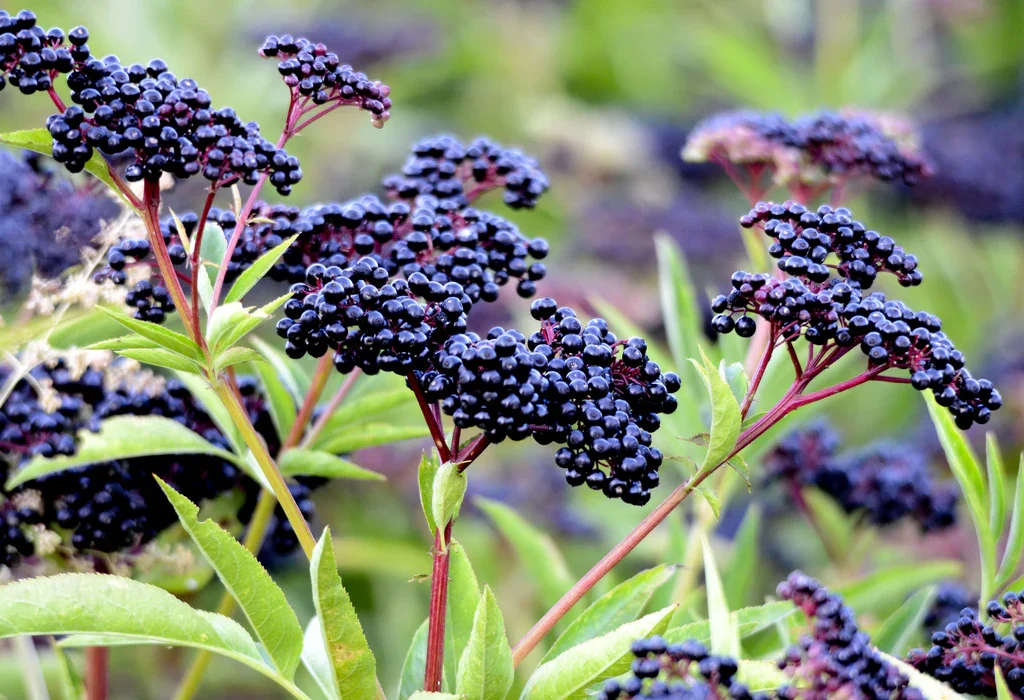
Despite booming demand, the elderberry market faces a few hurdles:
- Perishability: Fresh elderberries spoil quickly, making logistics and storage challenging.
- Seasonality: The short harvest season (August–September) limits year-round availability.
- Supply Shortages: Global demand spikes occasionally outpace supply, especially during cold and flu seasons.
- Import Regulations: Varying import rules, certifications, and organic standards can complicate international trade.
Conclusion
So — which country is the largest elderberry importer in the world?
The clear answer is the United States.
Driven by a health-conscious population, wellness trends, and a diverse product market, the U.S. leads global elderberry imports by both shipment volume and product diversity. While European countries supply most of these elderberries, the U.S. continues to invest in local cultivation to meet surging demand.
As elderberries remain one of the most sought-after natural immunity boosters, the future of global elderberry trade looks bright — with the U.S. firmly at its center.
